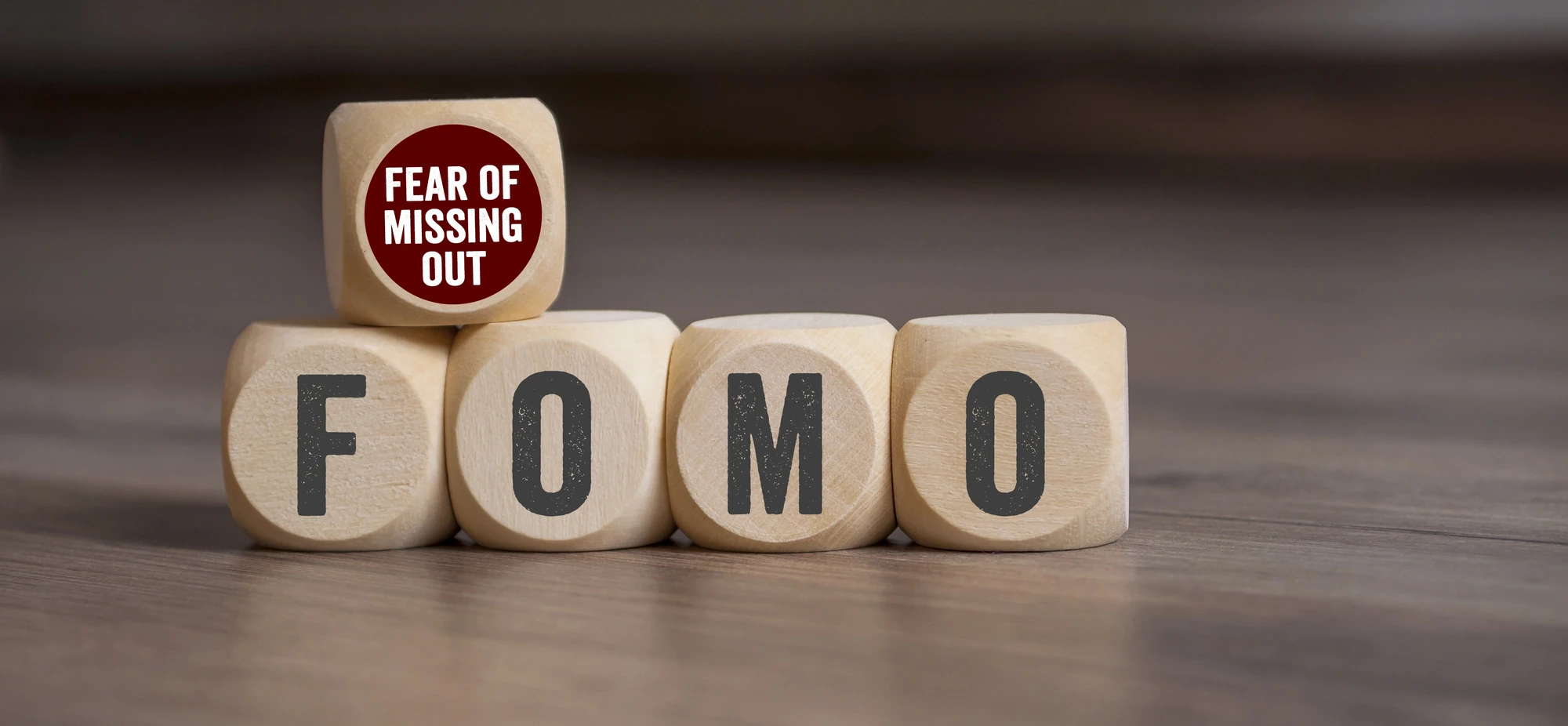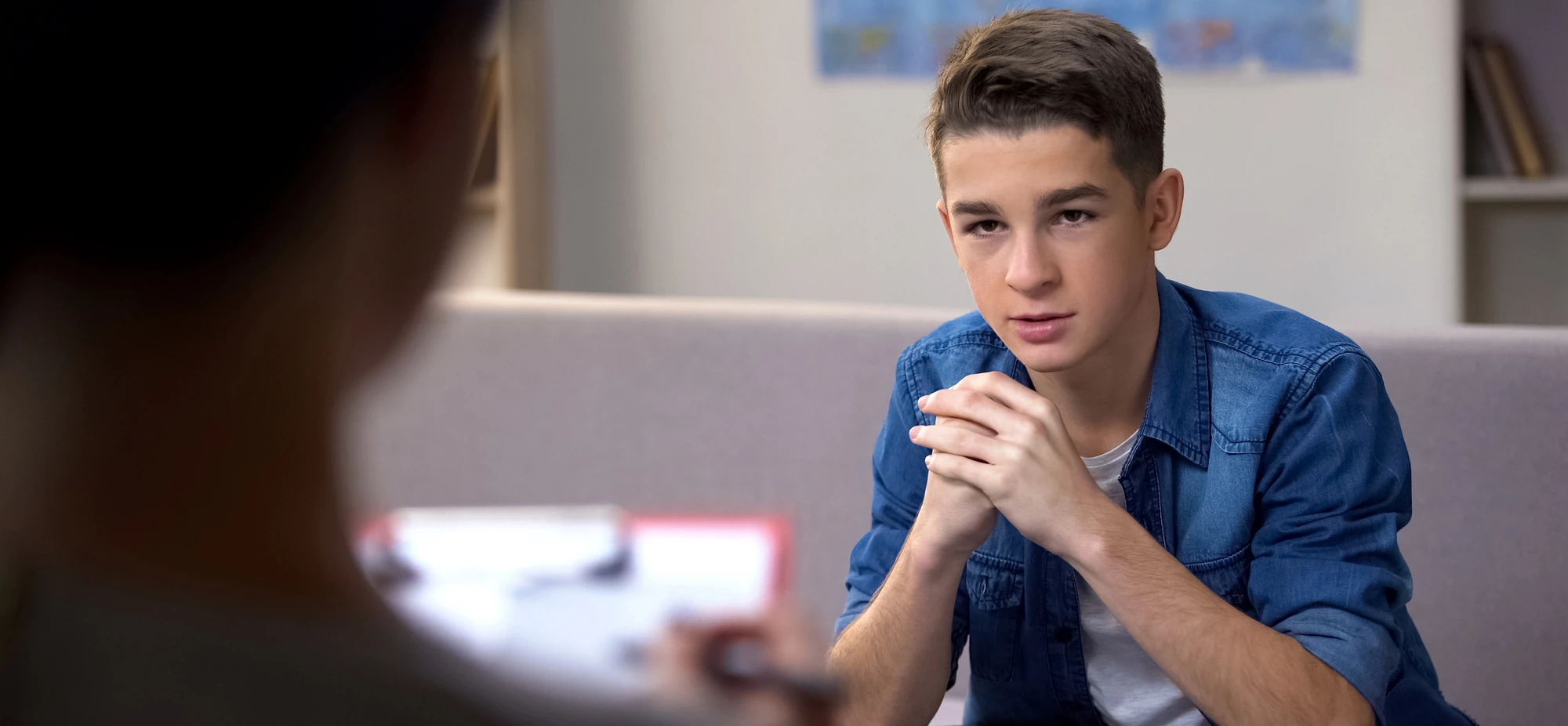Social media has woven itself into the fabric of our daily lives, becoming especially influential among teenagers. It offers numerous advantages, such as staying connected with friends and accessing a vast array of information instantly. However, beneath its appealing surface lies a darker side that can significantly impact the mental health of young individuals. Social media has been linked to increased anxiety levels in teens, affecting their self-esteem and overall well-being. In this article, we will delve into the mechanisms through which social media exacerbates anxiety in teens and explore actionable steps to mitigate its negative impact.
Social media platforms like Instagram, Snapchat, and TikTok dominate the digital landscape for teenagers, capturing their attention and influencing their perceptions. The allure of these platforms is undeniable, but the constant exposure to curated content and virtual interactions can lead to heightened anxiety levels. Let’s explore the intricate ways in which social media fosters anxiety among teens.
How social media foster anxiety in teens
Teens are at a developmental stage where they are forming their self-identity, and social media often becomes a mirror through which they see themselves. The barrage of images and posts showcasing seemingly perfect lives can lead to relentless self-comparison. Teens may feel inadequate or unattractive when they measure themselves against the edited and filtered versions of their peers. This can erode their self-esteem, making them vulnerable to feelings of worthlessness and insecurity.
The pressure to project a flawless image online compounds these issues. Teens might feel compelled to present an idealized version of themselves, contributing to a cycle of insecurity and anxiety. This pursuit of perfection is unattainable and can lead to a perpetual state of dissatisfaction with one’s real-life circumstances and self-image.
Furthermore, the validation-seeking behavior fostered by social media—through likes, comments, and shares—can become a double-edged sword. While positive feedback can temporarily boost self-esteem, the absence or lack of expected validation can cause distress and exacerbate feelings of inadequacy.
The fear of missing out, commonly referred to as FOMO, is another potent contributor to anxiety in teens. Social media provides a constant window into the activities and social gatherings of others, making it easy for teens to feel excluded. When they see friends attending events or engaging in activities without them, it can trigger feelings of loneliness and exclusion.
FOMO can lead teens to overcommit to social engagements, often at the expense of their well-being. The anxiety stemming from the fear of missing out can also interfere with their ability to enjoy present experiences, as they are preoccupied with what they might be missing elsewhere. This perpetual state of longing to be included can create a cycle of stress and dissatisfaction.
Moreover, FOMO can distort teens’ perceptions of their social lives, making them believe that everyone else is leading more exciting and fulfilling lives. This distorted reality can exacerbate feelings of isolation and inadequacy, impacting their mental health significantly.
The anonymity and wide reach of social media platforms make them breeding grounds for cyberbullying, a pervasive issue that can have severe emotional consequences for teens. Online harassment, negative comments, and public shaming can be relentless, leaving lasting scars on a teen's self-esteem and mental health.
Victims of cyberbullying often experience heightened anxiety and depression as they grapple with feelings of helplessness and humiliation. The 24/7 nature of social media means that the bullying does not stop when the school bell rings, leading to constant anxiety and fear of being targeted.
The anonymity offered by social media emboldens bullies, allowing them to evade consequences and perpetuate harm without accountability. This lack of accountability can intensify the impact of cyberbullying, as victims may feel powerless to defend themselves or seek justice.
The rapid influx of information on social media can be overwhelming for teens, contributing to feelings of anxiety. The pressure to keep up with every trend, meme, or news story can lead to cognitive overload, where the brain struggles to process the constant stream of information.
Teens may feel compelled to stay updated with the latest happenings, fearing that they might fall behind or miss out on important updates. This pressure to be constantly informed can lead to stress and anxiety, as they strive to maintain their social standing and relevance.
Moreover, the fast-paced nature of social media can make it challenging for teens to discern credible information from misinformation. This can lead to confusion and stress, as they navigate a digital landscape filled with both valuable insights and misleading content.
Anxiety induced by social media can have profound implications for the mental health of teenagers.

Harm of social media
- Increased Stress Levels: The constant worry and pressure associated with social media can manifest in physical symptoms such as headaches, fatigue, and insomnia. The mental strain can also compromise their ability to concentrate, affecting their academic performance and daily activities.
- Depression: Anxiety and depression often coexist, with one exacerbating the other. Teens experiencing social media-induced anxiety may also exhibit symptoms of depression, including persistent sadness, a lack of interest in previously enjoyed activities, and withdrawal from social interactions.
- Anxiety Disorders: Prolonged exposure to anxiety-inducing environments, such as social media, can increase the risk of developing anxiety disorders. Conditions such as generalized anxiety disorder or social anxiety disorder may emerge, requiring professional intervention for management and treatment.
Managing social media use in teens
While social media can be a source of anxiety, there are proactive strategies that parents, educators, and teens themselves can adopt to alleviate its effects. Implementing these strategies can foster healthier digital habits and promote mental well-being:
Developing healthy social media habits is crucial for minimizing anxiety among teens.
Parents and guardians can play a pivotal role by guiding teens towards balanced and mindful social media use:
- Setting Time Limits: Encourage teens to establish boundaries by setting specific times for social media use. Taking regular breaks and engaging in offline activities can help manage screen time effectively, reducing the risk of digital fatigue and stress.
- Promoting Positive Content: Encourage teens to curate their social media feeds by following accounts that inspire positivity, creativity, and support. Exposure to uplifting content can counterbalance the negative aspects of social media, fostering a healthier online experience.
- Mindful Engagement: Teach teens to engage with social media mindfully, encouraging them to question the authenticity of content and avoid impulsive interactions. This critical approach can help them develop a more balanced perspective on online content and interactions.
Talking to your teenager about social media use
Open and honest communication about social media use and its impact on mental health is vital for supporting teens. Parents should create an environment where teens feel comfortable discussing their online experiences:
- Discussing Realities of Social Media: Engage in conversations about the curated nature of social media and the disparity between online portrayals and reality. Emphasize the importance of authenticity and self-acceptance, encouraging teens to embrace their unique qualities.
- Creating a Safe Space for Discussion: Foster a supportive atmosphere where teens can share their feelings and experiences related to social media without fear of judgment. Active listening and empathy can strengthen the parent-teen relationship and provide a foundation for addressing concerns.
- Empowering Decision-Making: Encourage teens to take ownership of their social media habits by involving them in discussions about digital well-being. Empowering them to make informed decisions can enhance their sense of agency and responsibility.

Seeking professional help
When social media-induced anxiety becomes overwhelming, seeking professional help is a crucial step in addressing mental health challenges. Therapy can provide valuable support and guidance for teens:
- Coping Strategies: Therapists can equip teens with effective coping mechanisms to manage anxiety and stress. These strategies may include mindfulness techniques, relaxation exercises, and cognitive-behavioral therapy approaches.
- Emotional Support: Professional counselors offer a safe and confidential space for teens to express their emotions and work through their challenges. This support can be instrumental in building resilience and fostering emotional well-being.
- Anxiety Treatment: In cases where anxiety disorders are diagnosed, therapists may recommend treatment options, including therapy and medication, to manage symptoms and improve overall mental health. Anxiety treatment for teens in Palm Beach uses Cognitive Behavioral Therapy to focus on changing behaviors and adopting healthy coping mechanisms.
Learning to have fun outside of social media
Promoting offline activities is essential for reducing the time teens spend on social media and enhancing their mental health. Engaging in diverse interests can foster personal growth and fulfillment:
- Hobbies and Interests: Encourage teens to explore activities such as sports, art, music, or volunteering. These pursuits can provide a sense of accomplishment and enjoyment, diverting attention from the digital world.
- Social Interactions: Facilitate opportunities for face-to-face interactions with friends and family. Strengthening real-life relationships can reduce feelings of isolation and promote a sense of belonging.
- Outdoor Activities: Encourage outdoor experiences, such as nature walks or sports, to promote physical health and mental relaxation. Nature-based activities can have a calming effect, reducing stress and anxiety levels.
Social media is an integral part of modern life, but it's essential to recognize its potential impact on teen anxiety and mental health. By understanding the connection between social media and anxiety, parents and teens can work together to develop healthy habits and coping strategies. Through open communication, professional support, and encouraging offline activities, teens can navigate the digital world while maintaining their mental well-being. Embracing a balanced approach to social media use can empower teens to harness its benefits while safeguarding their mental health.





.webp)











